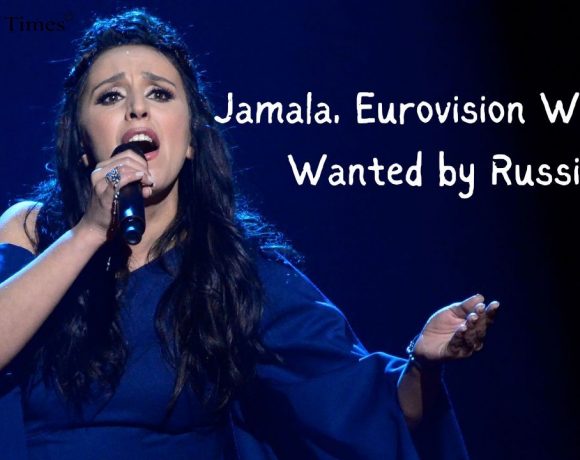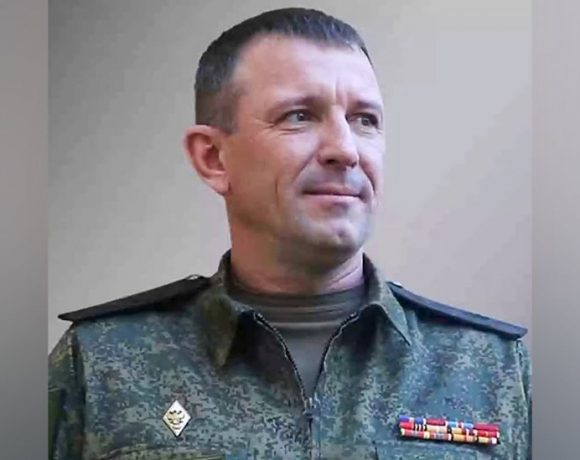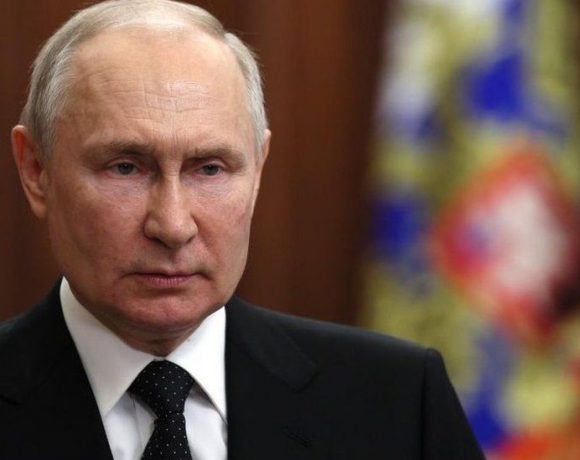
Ukrainian Eurovision song contest winner Jamala, whose real name is Susana Jamaladinova, has been added to Russia’s wanted list, according to state media. The accusations against her include spreading fake information about the Russian armed forces, a charge often used by the Kremlin against those critical of Russia’s actions. Jamala, known for openly criticizing Russia’s invasion of Ukraine, was placed on the wanted list last month. The independent Russian human rights website Mediazona reported this, and details of the listing became widely known on Monday.
Russian breaking news Telegram channel Shot claimed that Jamala was added to the list for posting alleged “fakes” about atrocities in the Ukrainian town of Bucha in 2022. The Kremlin has denied responsibility for the Bucha massacre, despite evidence indicating Russian forces’ involvement. Jamala, currently in Australia after fleeing Ukraine with her family following the invasion, responded to the news by posting a photo of herself in front of the Sydney Opera House with a link to an article about it and a facepalm emoji.
Jamala won Eurovision in 2016 with the song “1944,” inspired by the forced deportation of her people, the Crimean Tatars, by Russia during that year. The song, perceived as addressing Russia’s illegal annexation of Crimea in 2014, caused controversy for allegedly breaking the competition’s rule against overtly political songs. However, organizers allowed it, and it ultimately won, defeating Russia. Jamala, in her 40s, has been vocal about using her music to give a strong voice to her homeland, Crimea, and to counter the historical narratives propagated by the Russian Empire and Soviet Union. She emphasized the importance of revealing the truth through her songs in her latest folk album, Qirim.
Picture Courtesy: Google/images are subject to cooyright


